3 ways to tell ETFs are right for you
3 ways to tell ETFs are right for you
Last week, I had the pleasure of presenting at the Australian Shareholders’ Association’s Sydney Investment Forum to discuss the latest trends and investment strategies for Exchange Traded Funds (ETFs).
I have been providing financial advice for over 26 years now. But my keen interest in ETFs as an investment option, came from my belief in the importance of using passive, low-cost products to deliver better returns to my clients.
Essentially, ETFs or exchange-traded funds are products, listed on the ASX which can help investors buy “baskets” of shares based on indexes or themes. They provide diversification through exposure to multiple stocks, bonds, or other assets within a single investment, reducing risk and increasing potential returns.
They are also highly liquid. Because they can be bought and sold throughout the trading day, just like individual stocks, investors can adjust their portfolios quickly and easily.
Compared to mutual funds or actively managed funds, ETFs typically have lower expense ratios, which means investors can keep more of their returns.
There are several points to consider when thinking about investing in this particular product.
Here are three ways to tell if ETFs are right for you:
- Are you wanting to do better than 86% of investors in managed funds over the last 15 years who underperformed their benchmark?
- Do you want to diversify your investments to look at megatrends over the next 5 years and beyond?
- How do you know which shares to buy and what weighting in your portfolio?
I’ve seen first-hand how ETFs can help investors achieve their financial goals and I am thrilled to be able to share my understanding of this investment option with attendees in Sydney.
It has always been my belief that when it comes to creating wealth - one size doesn’t fit all, and at DP Wealth, we strongly recommend speaking with one of our advisors who can assess your individual circumstances and advise you on the investment decisions best suited to your lifestyle and financial goals.
If you would like to learn more about ETF’s and how they can be used in your portfolio, let make a time to talk.
*This blog is for informational purposes only and should not be construed as investment advice or a recommendation to buy or sell any securities. Investing involves risks, including the potential loss of principal. Before investing in any Exchange Traded Fund (ETF), investors should carefully consider the investment objectives, risks and expenses of the ETF and its investment strategy. Past performance is no guarantee of future results, and investment returns and principal value may fluctuate so that an investor's shares, when redeemed, may be worth more or less than their original cost. The ETF's Product Disclosure Statement and Target Market Determination contains this and other information about the ETF and should be read carefully before investing.
It is general advice only, no consideration has been made for your current circumstances, attitude to risk or goals and objectives. Investors should consult their own financial advisor before making any investment decisions.
Andrew Wielandt may hold positions in the ETFs mentioned.




